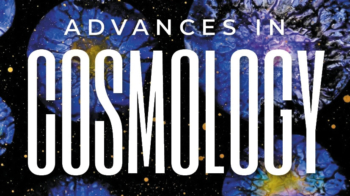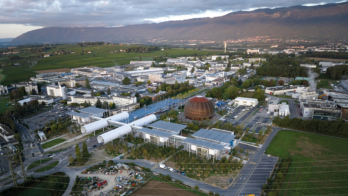By Peter Deák
Wiley–VCH

The most recent and upcoming developments of electronic devices for information technology are increasingly being based on physical phenomena that cannot be understood without some knowledge of quantum mechanics (QM). In the new hardware, switching happens at the level of single electrons and tunnelling effects are frequently used; in addition, the superposition of electron states is the foundation of quantum information processing. As a consequence, the study of QM, as well as informatics, is now being introduced in undergraduate electric and electronic engineering courses. However, there is still a lack of textbooks on this subject written specifically for such courses.
The aim of the author was to fill this gap and provide a concise book in which both the basic concepts of QM and its most relevant applications to electronics and information technologies are covered, making use of only the very essential mathematics.
The book starts off with classical electromagnetism and shows its limitations when it comes to describing the phenomena involved in modern electronics. More advanced concepts are then gradually introduced, from wave–particle duality to the mathematical construction used to describe the state of a particle and to predict its properties. The quantum well and tunnelling through a potential barrier are explained, followed by a few applications, including light-emitting diodes, infrared detectors, quantum cascade lasers, Zener diodes, flash memories and the scanning tunnelling microscope. Finally, the author discusses some of the consequences of QM for the chemical properties of atoms and other many-electron systems, such as semiconductors, as well as the potential hardware for quantum information processing.
Even though the mathematical formulation of basic concepts is introduced when required, the author’s approach is oriented at limiting calculations and abstraction in favour of practical applications. Applets, accessible on the internet, are also used as a support, to ease the computational work and quickly visualise the results.





